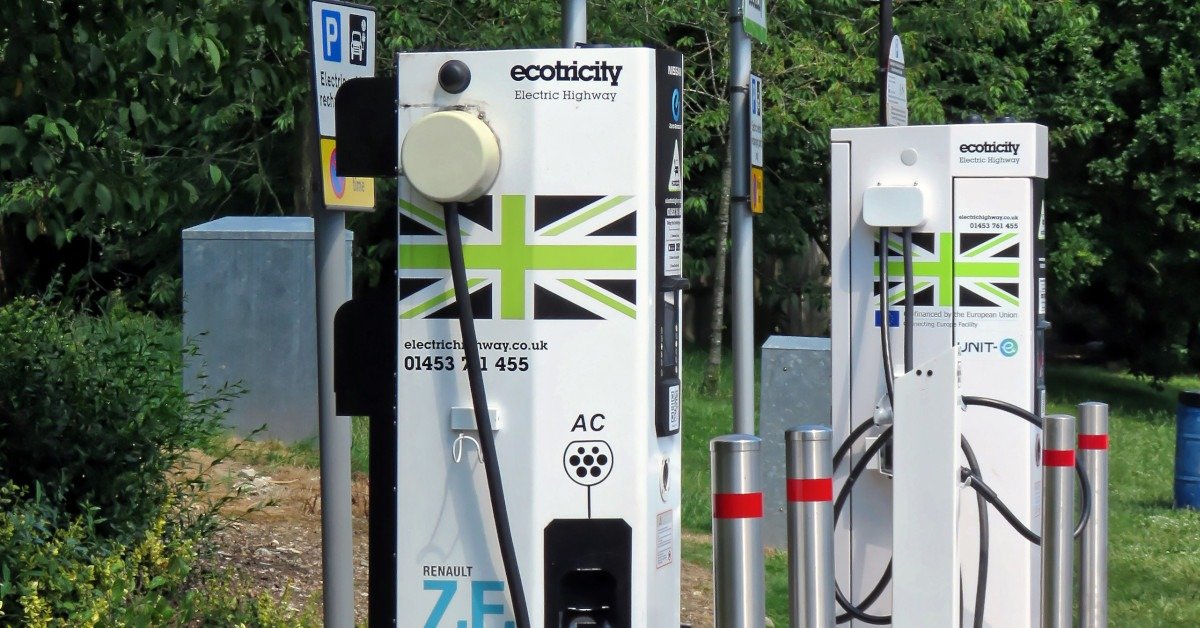Tom test
What are the running costs of an electric vehicle?
It's one of the big questions asked by EV buyers and we've got the answers
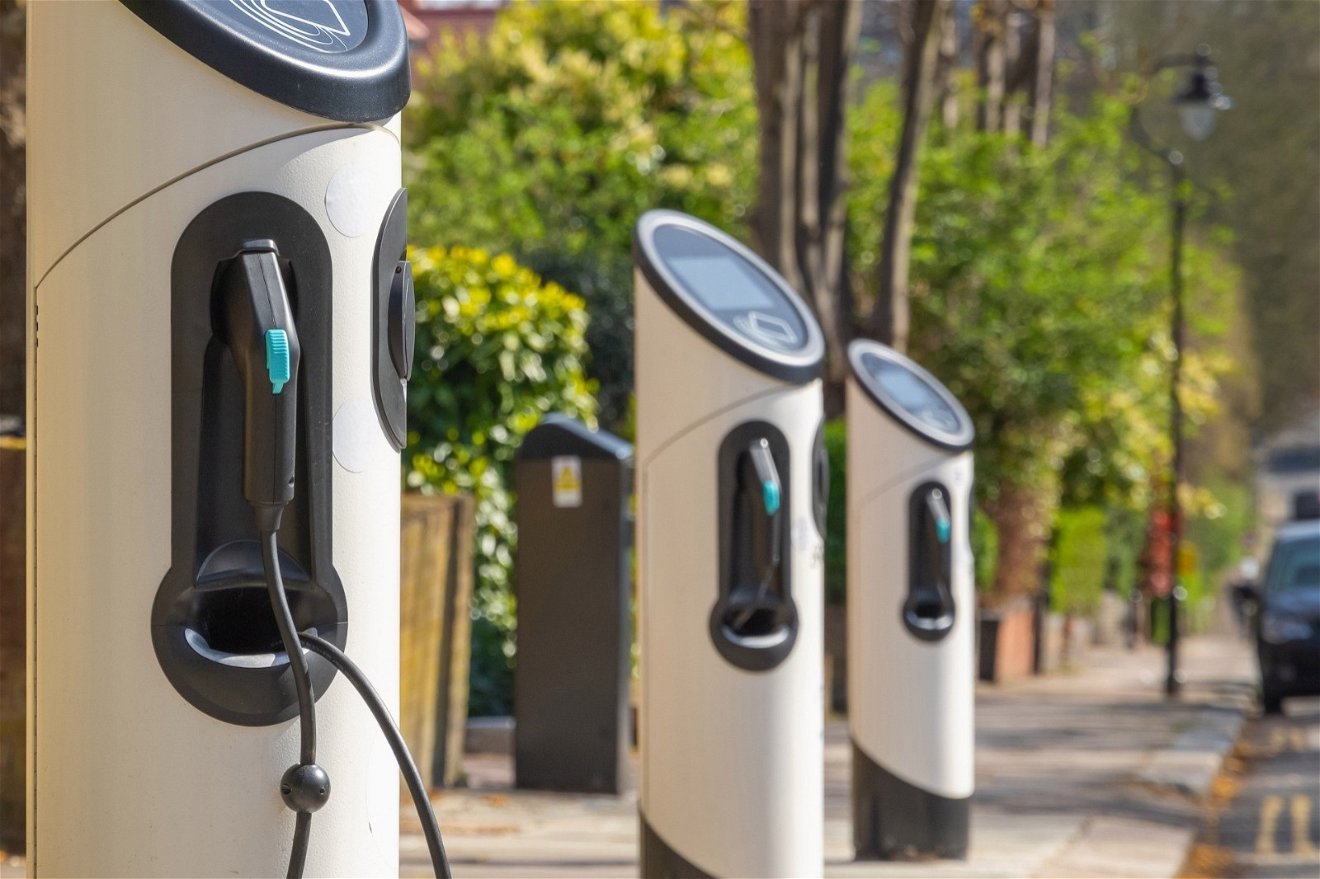
Although electric cars tend to be slightly more costly to buy than their conventional counterparts, they are cheaper to run over the long term. Like petrol or diesel cars, or hybrids for that matter, electric cars need tax, insurance, servicing and repairs. However the low emissions and relative mechanical simplicity of electric cars help contribute to overall running costs.
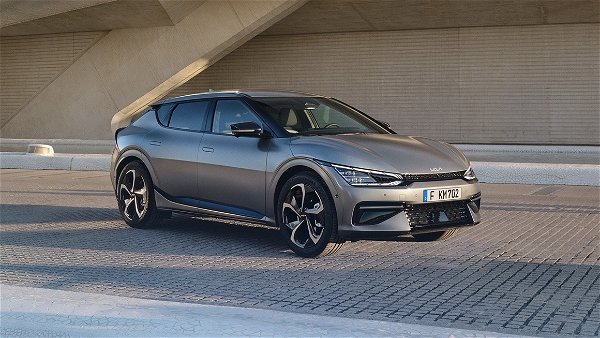
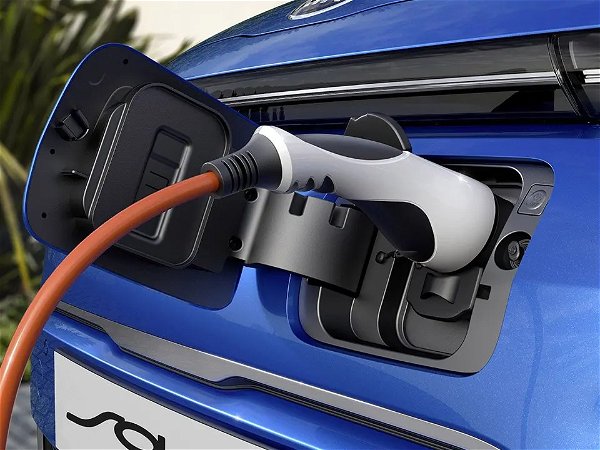
Electric cars and vehicle tax
Fully electric cars are currently VED road tax-exempt, which can bring big savings over the years. This is because the tax on all other vehicles (including hybrids and PHEVs) is based on their level of carbon-dioxide (CO2) emissions.
How much do electric cars cost to service and maintain?
As with fuel, so it is with servicing: electric vehicles generally work out cheaper to service and maintain than the equivalent petrol and diesel models. Largely because they have fewer moving parts and fewer items prone to wearing out over time. Where the real savings come is when you need to replace parts after the warranty runs out. Electric cars don't need oil filters and have no cambelts or other items that can be fairly expensive to replace.
If there are fewer parts, what do electric-vehicle services do?
Most regular service plans focus on ensuring the battery and electric drivetrain work as intended. Often, the charging cable is checked for damage, tears and performance (and will be replaced, if necessary), while the battery is also checked for charge level. This is crucial, because its performance can deteriorate over time. Are electric cars any more expensive to insure? While servicing, fuel and tax costs are usually cheaper for electric cars than for conventional vehicles, electric vehicles are more expensive to insure. This is partly because their repair costs are higher, and because there aren't enough technicians in the UK trained to do the work.
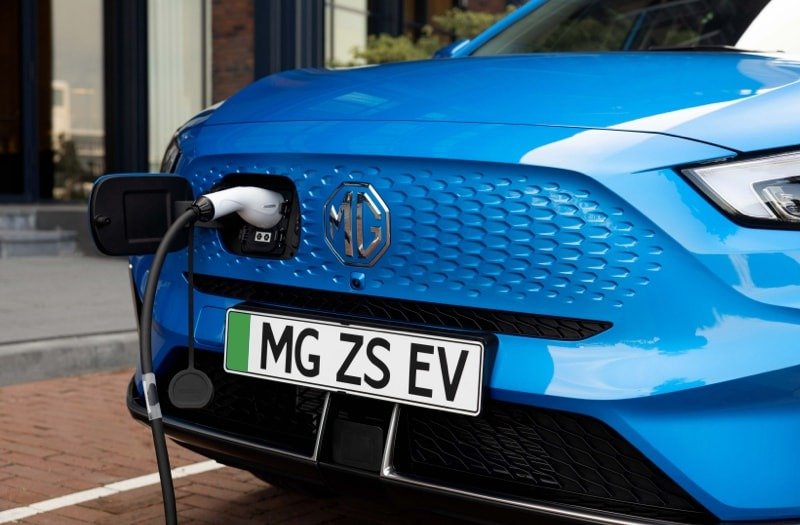
How much does it cost to charge an electric car?
Unlike with petrol or diesel cars when you only have the forecourt fuel price to consider, there are lots of variables when it comes to the cost of charging an electric car or plug-in hybrid. When you charge an electric car at home or at a public charging station, the cost can fluctuate depending on when you charge. Which tarif or charging network you use, how big the battery is and how much energy you need.
Cost of home charging
At home, you can use a three-pin plug or a faster wall box. The first comes with no installation costs because you'll have existing sockets in your house, but since a car takes several hours to charge, it's best done overnight. Electricity costs 14p per kWh on average. So, you'd pay £6 for a 13-hour charge on a 40kWh vehicle at a 3kW charger. However, as electricity costs less off-peak (e.g. at night), the charge is more likely to be £4. A typical wall box home-charging unit can supply power between 3 and 22kW. You'll need to pay to install one, but a government grant will fund up to 75 percent of the cost of purchase, up to £350. A 7kW home charger cuts the charge time significantly, with little change in the cost of power.
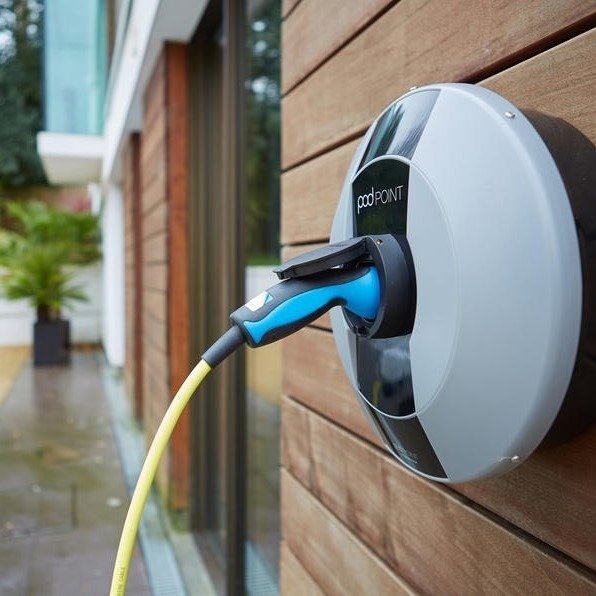
Costs of public station charging
The cost of using public charging stations varies, Below we have used Polar, one of the largest providers of such stations, as an example. Your first option is a Polar Plus subscription at £7.85 a month (although new joiners get the first three months free). Polar charge points, and even most others outside the Polar network, are free to plug in to, with the charge rate itself usually from 9p per kWh. Alternatively, Polar Instant is a pay-as-you-go service. All points have an admin fee of £1.20, and it costs from £6 for 30 minutes at a rapid charger, to £1 an hour at a 3kW slow charger.
Cost of motorway charging
On the motorway, you'll likely find Ecotricity charging stations. Ecotricity customers pay 15p per kWh, but the charge is double if you have no Ecotricity account. At a 50kW rapid charger, a full charge of a 40kWh Leaf costs £12 - more than at home, but it'll be done in less than 50 minutes.
